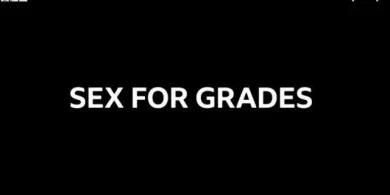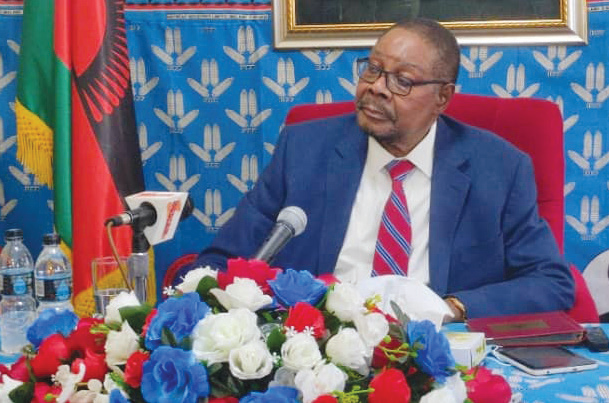It’s not smart to wait for donors’ Covid-19 doses
On Tuesday, President Lazarus Chakwera urged the Ministry of Health to do everything in its power to secure enough Covid-19 vaccines by the end of August to ensure that people get their vaccines.
Chakwera’s order came against a backdrop of growing public anxiety over the availability of Covid-19 jabs.
Naturally, people who took the first jab are anxious that a delayed second jab could reduce their capacity to develop the immunity they need to resist the virus. It is a concern that is shared by medical experts both at home and abroad.
If the medical experts’ observations are anything to go by, the body does not get full immunity until 2-3 weeks after getting the first jab. Apparently, the body’s immunity drops the longer you take between the first and second doses.
Gavi, the Vaccine Alliance, said in a June 14 update: “If you had your first Covid-19 vaccine dose yesterday, then you are not protected yet. Your body needs to spend time responding to the vaccination before it can produce an effective immune response.
“But after a longer time, we aren’t yet sure how long this protection is likely to start to fade again. So, you will need a second booster dose to make sure your immune system can consolidate this protection for the long-term.”
Against this backdrop, it is easy to see why Chakwera felt compelled to direct Health Minister Khumbize Kandodo Chaponda to engage the alliance and other bilateral donors to secure the much-needed jabs by August.
The layman, however, could not help but notice that the President did not say anything about his administration’s plans to buy Covid-19 vaccines. It seems Malawi is solely banking on donors to provide the vaccines.
Folks, there is a big problem with this approach. A lot of the countries, including some of the vaccine manufacturers, are experiencing third and fourth waves of the pandemic; hence, are reluctant to release their stock of supplies to the rest of the world.
It is important to note that Malawi is experiencing this shortage because India, one of the manufacturers of the Oxford-Astrazeneca jab, decided to withhold some of its vaccines and redirect them to efforts to contain the spread of the pandemic in that country.
You can reasonably expect any rational leader to prioritise the needs of his people at the expense of people in another country. After all, charity begins at home. Perhaps, this is the ethos that Chakwera needs to be mindful of and embrace.
As a nation, Malawi needs to start laying out our own plans to contain the pandemic and then use whatever the rest of the world is willing to spare to complement local efforts. Not pass on the responsibility to donors and international allies entirely.
It is also important to note that even if Malawi gets all the doses the donors pledged, there still won’t be enough vaccines to achieve the goal of vaccinating 60 percent, or 11 million of the population—the threshold required to achieve herd immunity.
The Covax facility has pledged to donate 3.8 million doses to Malawi. The country is also expecting other consignments from the G7 and the United States (US). But there is no telling how many will come and, if at all, when they will arrive.
Chakwera’s directives to Chaponda will not amount to much if the suppliers are simply not willing to share their vaccines. The President’s approach is dealing with the manifestation of the problem and ignoring the root cause—global supply shortage.
It would be unwise to wait for donations when the supply in the international market is low. The best way for Malawi to ensure that it will get the vaccines on time is to pay for them.
From the layman’s perspective, Chakwera should have directed the Ministry to make plans to buy the vaccines we need in the short-term while the country waits to get the doses the donors pledged to Malawi.





